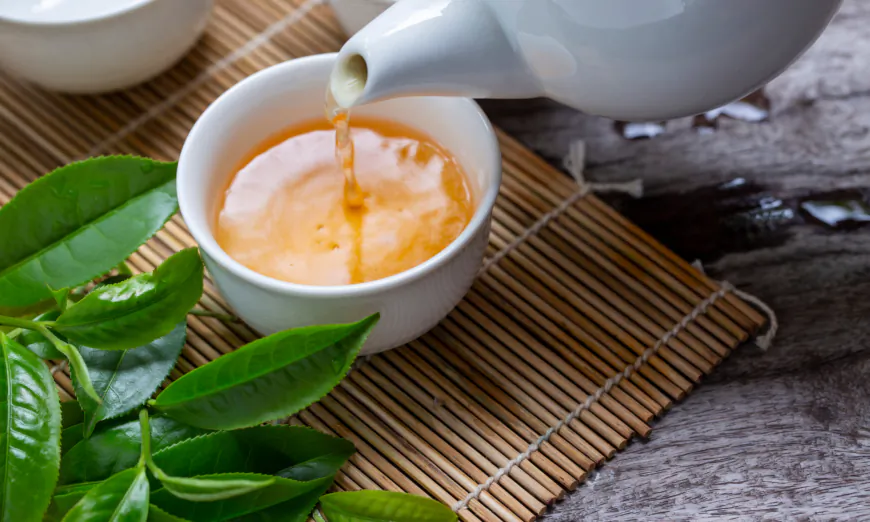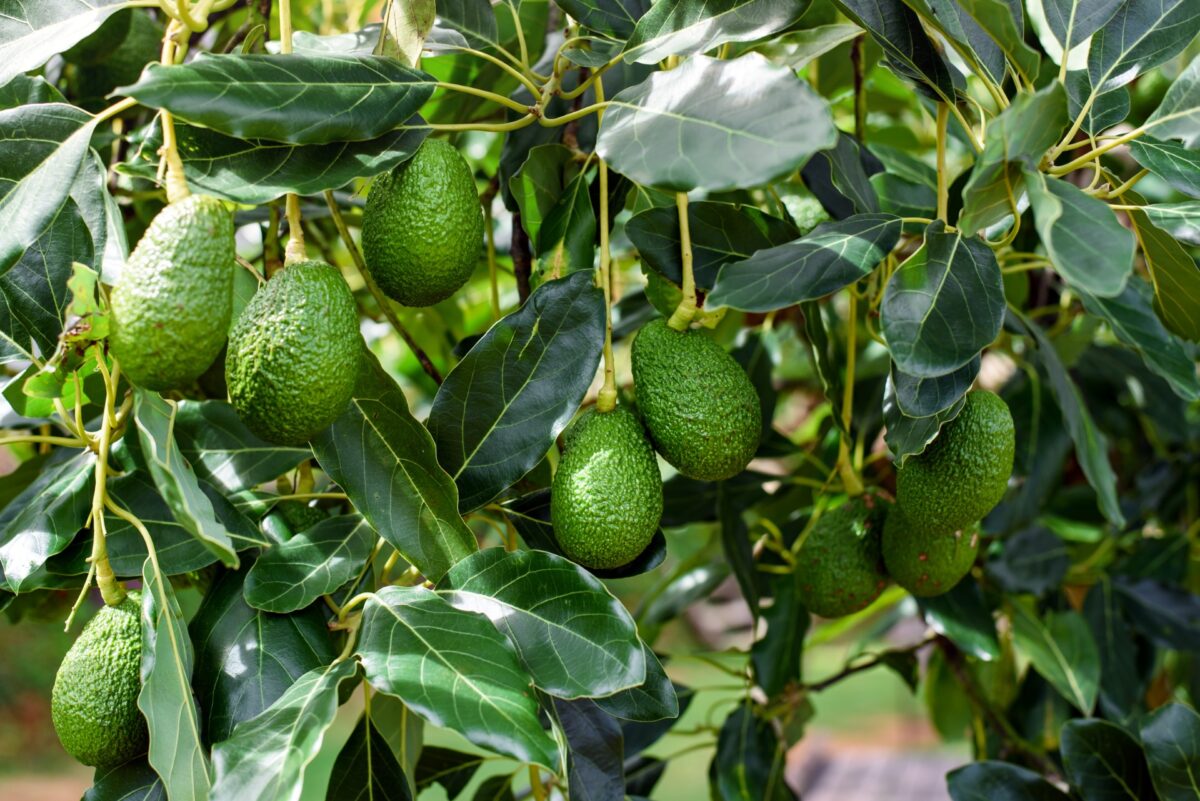This is actually new data and is obviously important. The claim is pretty expansive. We also need to stop identifying specific chems as sole source apps. that cannot be true.
a better concept is a principle app with useful modulants producing a gentle and safe improvement. Such a formulation combined with a sound diet could be expected to heal and fully restore a damaged organ.
We need to apply this empirical concept to our whole range of plant based therapies. They all tend to work gently instead of abruptly like our drugs.
Study Finds Avocado Leaves Has Potential Restorative Effects on Major Organs
Jul 30 2023
https://www.theepochtimes.com/health/study-finds-avocado-leaves-has-potential-restorative-effects-on-major-organs-5366330?
Avocado flesh is one of nature’s nutritional powerhouses of healthy fats, but its leaves have also gained attention for their high nutrient value as a natural therapeutic alternative for restoring the body’s major organs.
In a study published in the International Journal of Phytomedicine and Phytotherapy, researchers discovered that avocado leaf extracts significantly repair the liver, kidney, and heart from injuries.
The preparation involved rinsing avocado leaves in distilled water, air-drying, blending them into powder, and mixing them with 80 percent ethanol for three days, followed by freeze-drying into an extract.
The researchers conducted their study with 40 rats, randomly divided into eight groups. Over a fortnight, the groups received different treatments.
Groups one and two were given water, groups three and four were given an avocado leaf extract, and group five received silymarin, a supplement often used for liver and gallbladder disorders.
Group six were given rifampicin, a medicine used to treat tuberculosis, blood infections, and leprosy, while groups seven and eight were given rifampicin and avocado leaf extract.
While further clinical studies are required, the study revealed that the avocado leaf extract showed favourable competition with commercially available drugs used for treating liver, kidney, and heart diseases. Additionally, it presented fewer side effects compared to rifampicin, which caused significant oxidative stress on the liver and heart tissues.
The effectiveness of avocado leaves was attributed to their disease-inhibiting phenolic compounds and flavonoids which have anti-cancer, anti-inflammatory, and antiviral properties, proving their potential as an alternative in managing disorders involving multiple organs.
Benefits of avocado leaves can be obtained by making tea from organic avocado leaves. Boil the leaves, steep them in water, and add sweeteners and other spices of choice to taste. Organic avocado tea can also be purchased from farmers’ markets.
(Jaboo2foto/Shutterstock)
Remedy for Lead Poisoning
Additionally, in a 2020 study, avocado leaves were found to treat lead poisoning in the brain and support tissue regeneration in the cerebellum.
After exposure to lead acetate, albino rats exhibited signs of irritability, aggression, and inflammation, but their healing process improved significantly after being given the avocado leaf extract.
The application of the extract topically to wounds expedited recovery, leading to complete healing after six days.
The avocado leaf extract also protected against lead acetate toxicity in the cerebellum. Through microscope examination of tissue samples, the lead acetate inflicted significant changes to the structure of the cerebellum, but the tissues were regenerated when followed by avocado leaf extract.
Treating Diabetes
A further study published in 2022 suggested that avocado leaves may also have therapeutic potential for type 2 diabetes.
Researchers observed that the leaves promoted the regeneration of pancreatic cells and suppressed enzyme activity in carbohydrate metabolism, which are anti-diabetic characteristics.
Notably, the leaves contained significantly more disease-inhibiting phenolic compounds than the fruit, making them a valuable option for managing diabetes.
While the fruit recorded 145.7 milligrams of gallic acid equivalents per gram (mg GAE/g), the leaves contained 178.95.
Additionally, a recent study found that avocado leaves are also effective in reducing high blood pressure, attributed to the presence of quercetin, a type of flavonoid and a potent natural antioxidant.
A person with diabetes and high blood pressure faces four times the risk of developing heart disease compared to those without either condition.
Various studies in hypertensive rats have shown that quercetin exerts a diuretic effect by increasing urine volume, thereby reducing blood pressure.


No comments:
Post a Comment